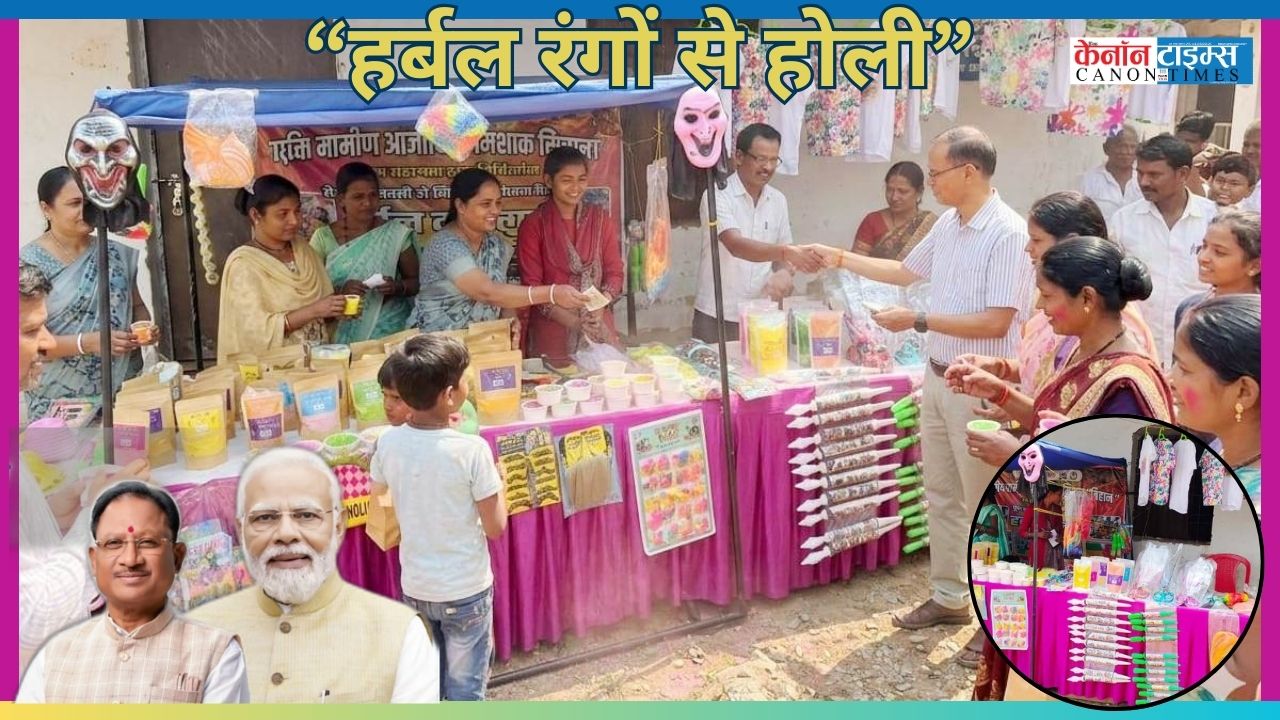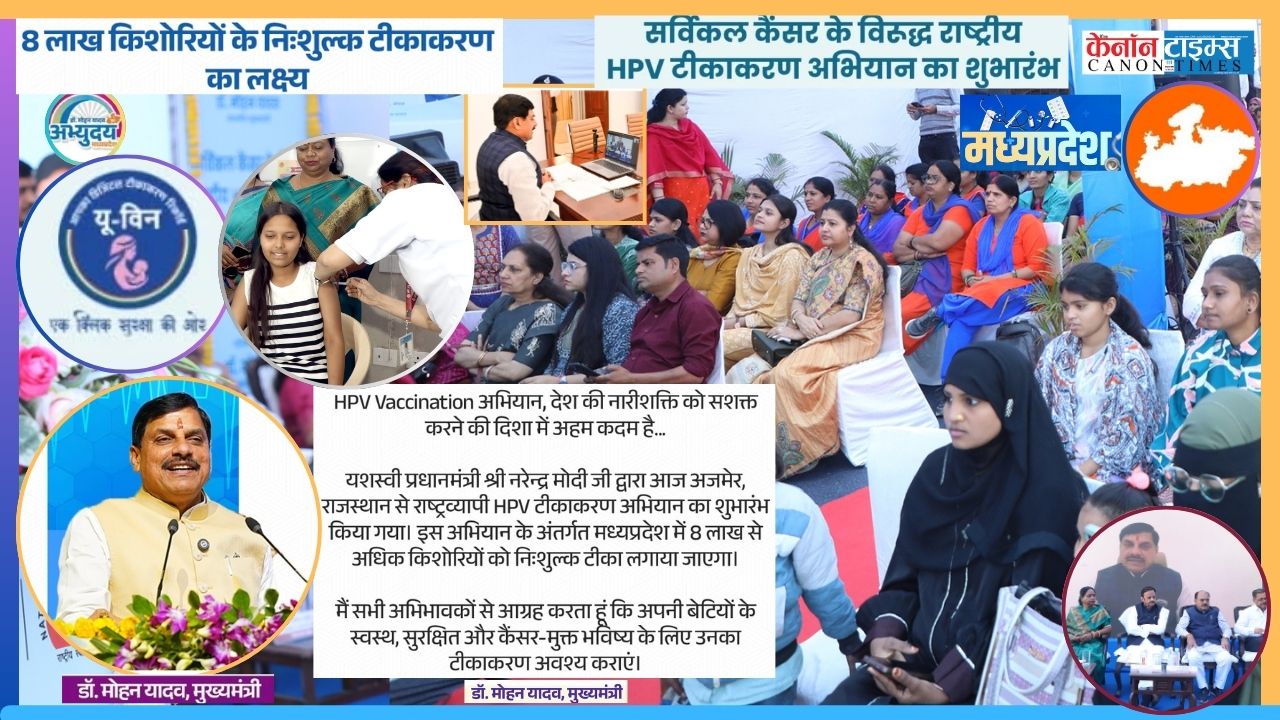The Supreme Court of India rejected the petition for 100% verification of the paper trail left by electronic voting machines. This is not surprising given that there is no proof that the current verification mechanism has any flaws. The Bench’s two concurring judgements highlight the judiciary’s trust in the electoral process, particularly with the implementation of the voter verifiable paper audit trail, or VVPAT. The Bench opposed resorting to paper votes since it would be regressive and undermine the benefits of eliminating vulnerabilities associated with paper ballots. The Court has already declined to alter the current system, rejecting orders for 50% and 100% verification of paper trails, respectively. The Court reviewed the system’s administrative and technical protections and found no reason to doubt its effectiveness. The Court issued two directives to address concerns: securing symbol loading units for 45 days after results are declared and allowing the top two losing candidates to verify micro-controllers in 5% of EVMs in specific polling booths to detect tampering.
In 2013, the Supreme Court ruled that a paper trail is necessary for free and fair elections. In another example, it supported increasing the number of polling stations for VVPAT verification from one per Assembly constituency or sector to five. The paper audit trail was implemented to address concerns that voters would not be able to verify the accuracy of their votes. Ironically, the verification method designed to address such concerns has become a source of debate on the necessary level of verification for the paper trail. Justice Sanjiv Khanna suggests using machines to count VVPAT slips and barcoding symbols to facilitate future counting. Technological advancements can make a process more trustworthy.
Concerns about probable manipulation raise mistrust in India’s Election Commission, a trend not seen before. While voter confidence in the voting process is important, the election watchdog’s impartiality is also crucial.
ABHISHEK VERMA
Author: This news is edited by: Abhishek Verma, (Editor, CANON TIMES)
Authentic news.






